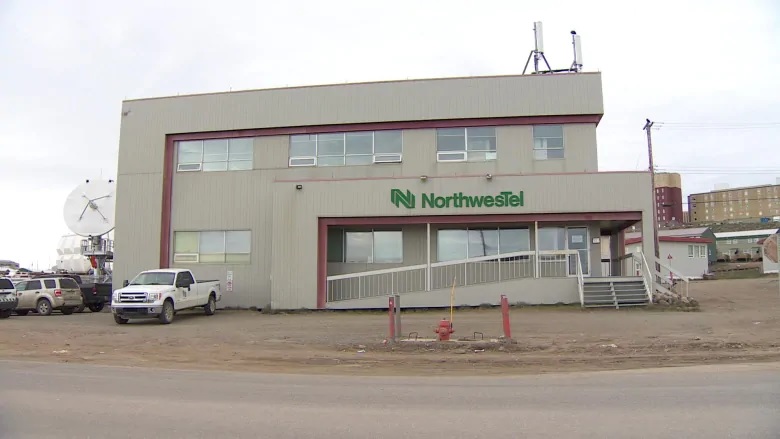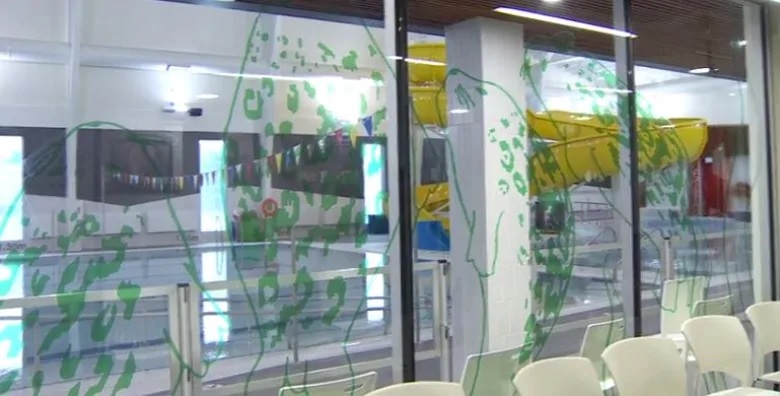Internet now same speed across Canada’s Nunavut territory

Northwestel announced at the Nunavut Trade Show that all 25 of the territory’s communities are now connected with the same speed internet and mobile data as Iqaluit.
Iqaluit has had a 15 megabits per second internet package for nearly a year now.
Residents of Arviat, Cambridge Bay, Iqaluit and Rankin Inlet can order these packages through Northwestel, while the other 21 communities need to go through Bell.
Bell offers fixed wireless internet packages that can either use a modem or turbo stick, also known as a dongle.
The jump in speed and bandwidth is part of the Tamarmik Nunaliit network — a $75-million project, $50 million of which came from the federal government’s Connect to Innovate program.
When the program launched in 2017, Northwestel promised to connect all communities within two years, which it has now done.
The network switched Nunavut from C-band frequency satellite bandwidth to Ka-band frequency, which comes from the T19 satellite launched by Telesat.

But that speed jump has come with concerns from customers, who in recent weeks have been reporting service outages.
Weather-related outages
Northwestel told CBC two weeks ago that the outages were caused by the rain — though there are multiple contributing factors according to Paul Gillard, Northwestel’s vice-president of business markets.
“There’s no one reason, why [it’s] happening. The technology that’s deployed here is quite complex, we have been working with Telesat, who are among the best satellite engineers and designers in the world,” he said.
It’s also just a new system that still needs a lot of tweaking, he said.
“We’re very confident that what we’ve built is built in the right way, but there are several steps in the distribution chain that require attention, I mentioned software and firmware upgrades,” Gillard said.
In addition to software tweaks, the company is also making adjustments to the power levels and the physical infrastructure, like on-the-ground dishes.
As well, Northwestel’s partner Telesat, which owns the satellite, is building a redundant ground station near its Saskatchewan hub to prevent future outages.
The terminal point in Saskatchewan is where Nunavut connects to the rest of the internet — data uploaded in Kimmirut goes up to the satellite, down to the terminal in Saskatchewan and then to wherever it needs to go or vice versa.
The extra ground station is being built far enough away from the first terminal point so that if it’s raining over one, it likely won’t be raining over the other.
This would mean only rain in Nunavut and not in Saskatchewan could cause major disruptions.
Gillard says Northwestel is working on getting the system fine tuned in “material ways, with capital, with expense, with our time.”

As Northwestel ramps up its activity in Nunavut, Gillard said it was looking for meaningful community contributions.
Last week, it announced $75,000 for the Iqaluit Aquatics Centre over the next five years. The money is for the centre to use to improve services, including offering sponsorships for kids to participate in activities through the centre’s Jimmy Kilabuk fund.
The funding announcement was marked by the unveiling of a mural in the centre’s multipurpose room.
The silhouettes of seals were done by artist Jon Cruz and local Inuit artist Dayle Kubluitok, whose art is the cover of the Northwestel phone book this year.
Related stories from around the North:
Canada: Community in Arctic Canada frustrated by months-long internet and cell service issues, CBC News
Finland: Major step towards a Europe-Asia Arctic cable link, Yle News
Norway: New satellites to boost communications in Arctic Norway, The Independent Barents Observer
Russia: Russian military to get fast, secure internet through trans-Arctic cable, The Independent Barents Observer
United States: Alaska’s first wireless 5G network to be built in Anchorage, Alaska Public Media



